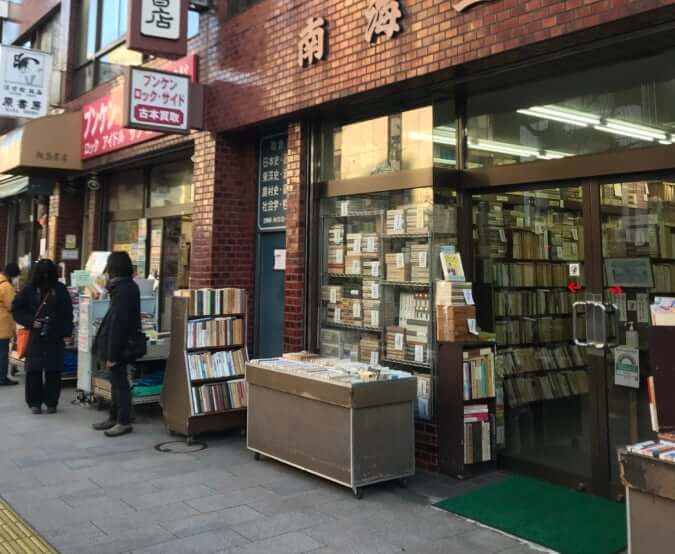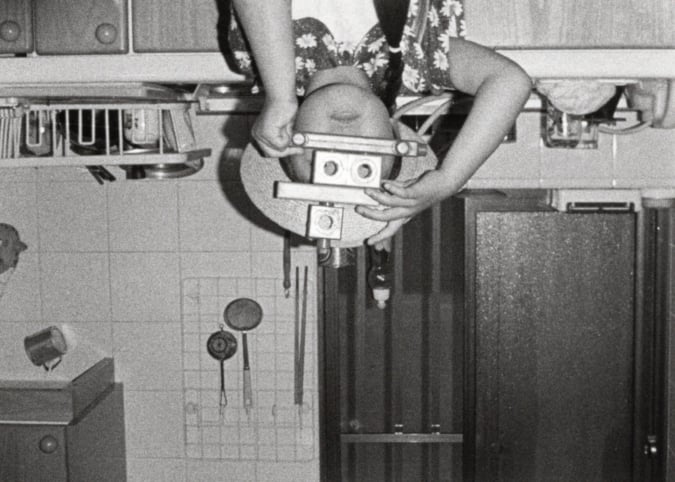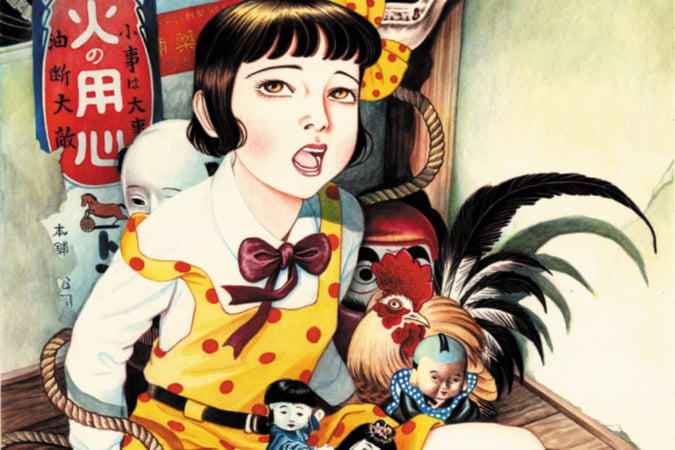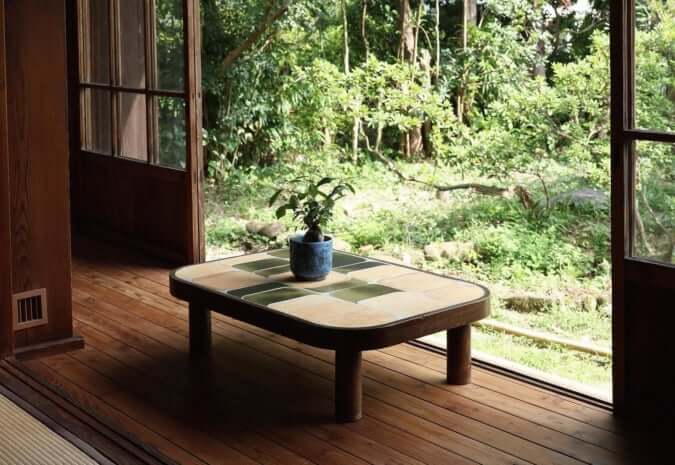‘The Round’, a Poignant Homage to Yukio Shige, on the Lookout for Those Contemplating Suicide
Director Blaise Perrin follows the retired policeman on patrol on the Tojinbo cliffs, where he seeks to save people preparing to take their own life.
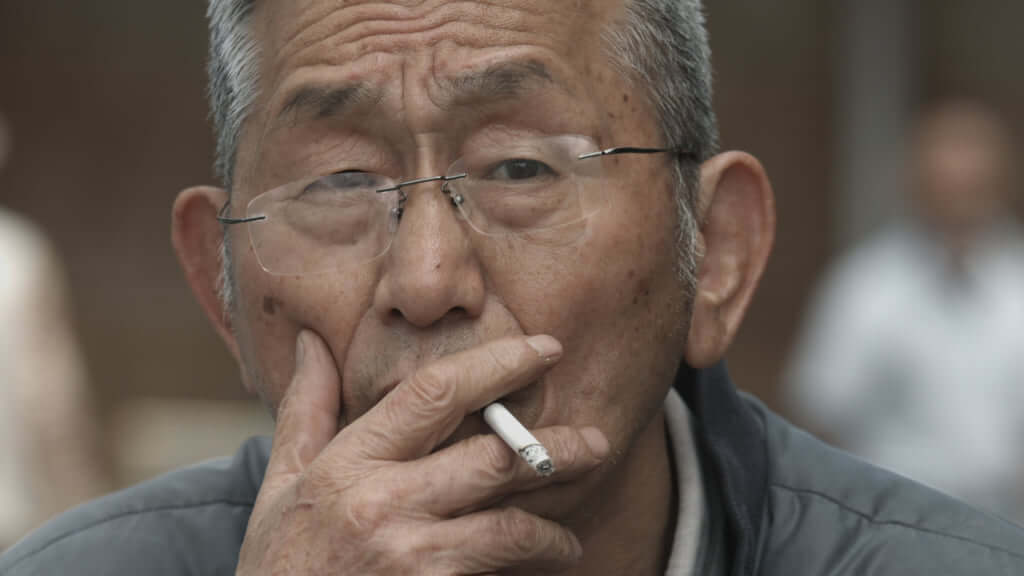
© Blaise Perrin
A succession of long sequence shots featuring, as reassuring points of reference, Yukio Shige’s neck and shoulders, constantly moving. This movement allows him to thwart time, but above all to save Japanese people who have come to lose themselves on a final journey on the famous Tojinbo cliffs in Fukui prefecture, 400 km west of Tokyo. Based on this daily patrol, Blaise Perrin created a 52-minute film entitled The Round.
The director, a graduate of the National School of Photography in Arles, a former member of the Casa de Velazquez, and among those selected for the Villa Kujoyama residency in 2020, set his film against a landscape renowned across Japan for its beauty. This setting is ultimately merely an accessory and only appears in the space left empty by Yukio Shige once his figure has taken its place on the screen. The camera follows him on one of his daily rounds as he scours the nooks and crannies of the cliffs where Japanese people suffering due to loneliness, unemployment, or ongoing family problems come to throw themselves into the ocean several dozen metres below.
The only commentary in this documentary is the voice of this unusual walker, who discusses in detail his daily routine and the fight against death. ‘The aim was to let Yukio Shige’s thoughts be heard, as if we were inside his head’, explains Blaise Perrin in an interview with Pen. ‘His interior life as well as his gestures, however simple they may be, that he executes while doing his rounds to save people from death, needed to be in the foreground at all times.’
An unsettling action
Yukio Shige started doing his rounds alone on this little 1.5-km coastal path in 2004, having newly retired from the police. Blaise Perrin first heard about him in 2010, in a radio programme on France Inter in which the writer Olivier Adam explained that he took inspiration from his story to shape one of the characters in his novel The Regular Heart. After conducting research, the director decided to travel to Japan a year later, to meet this former policeman.
Convinced that it would be easy to find him in this small town that has just one pedestrian street lined with shops and restaurants, he soon understood that the task would be more difficult than he had imagined. ‘When I asked the people who worked there about his route, nobody was willing to answer me. I later understood why. His presence and actions unsettled people. The economic system there is based on suicide, which benefits various people like undertakers, the tourism industry, hotels in the area… and nobody wants that to change.’
Eventually, a young waiter who had not long arrived in the area gave him the information he needed to find this man. The two then engaged in numerous conversations, all of which were recorded. Blaise Perrin eventually spoke to him about his idea for a film. Yukio Shige, whose work has already been the subject of reports, theatre productions, and even manga, agreed.
Thousands of people spared from grief
It wasn’t until three years later, in 2015, that the teams would come to shoot the majority of the scenes over 12 days of intense filming. The director was assisted by Matías Mesa, a prestigious chief cameraman, known for having worked as a steadicam operator on Gus Van Sant’s films Gerry, Last Days and Elephant. ‘Matías had a very important role, having to adapt at every moment to Yukio’s pace and route, the latter having been given just one instruction: to do what he would normally do’, the director explains. ‘And it was up to us to follow him, to adopt his movements in order to reproduce his gestures, attitude and actions as faithfully as possible.’
Two further trips followed in 2016 and 2017 with a reduced team, during which the tracking shots at the beginning and end were filmed, and the voiceover was recorded. ‘This patrol has allowed 600 people to be saved and has prevented thousands of people close to the potential victims from mourning their death. It is the starting point, the heart of his action. I wanted to save it so that it could be kept in our memory. So that it wouldn’t be erased from the world without leaving a trace, however modest that might be’, explains Blaise Perrin, whose film has been nominated at numerous festivals since its release in 2018.
The Round (2018), a documentary by Blaise Perrin, is available on DVD with subtitles in English or French. To get a copy, simply contact Blaise Perrin via his website.
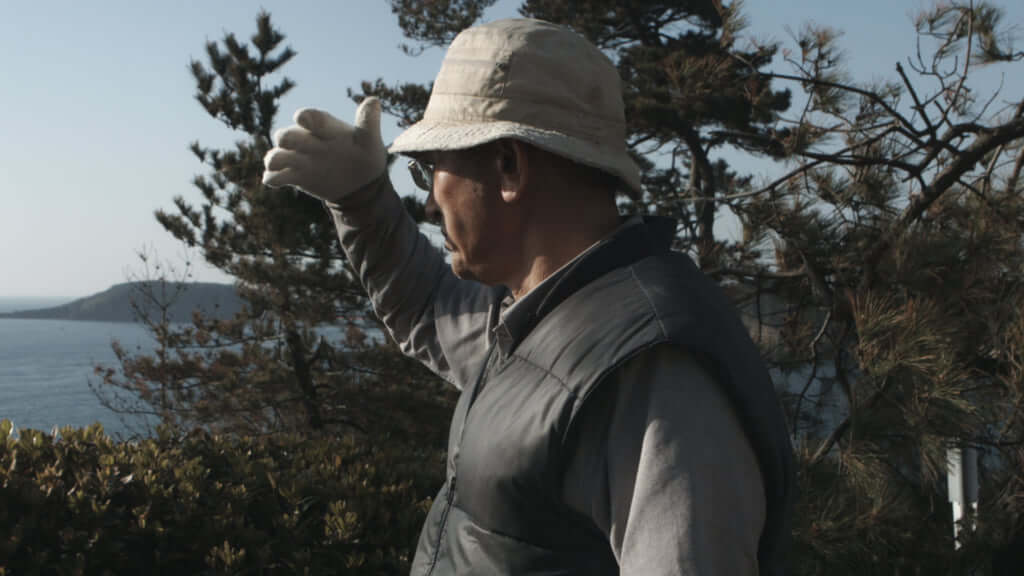
© Blaise Perrin

© Blaise Perrin
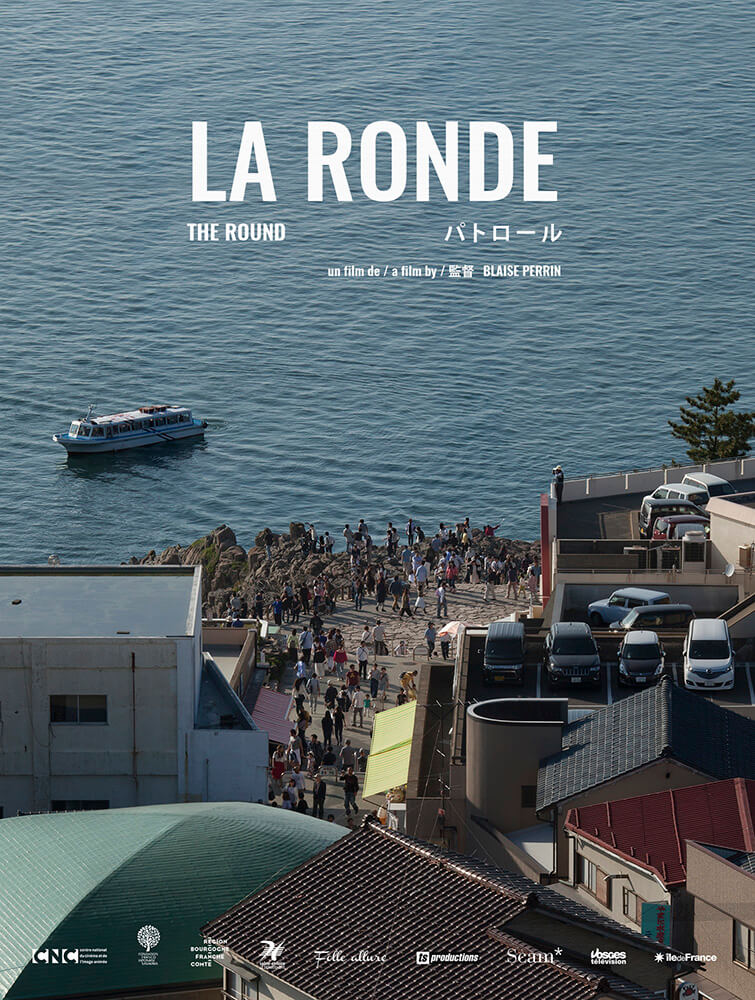
TRENDING
-
Jinbocho, Tokyo’s Book District
This neighbourhood in Chiyoda-ku has become a popular centre for second-hand book stores, publishing houses and antique curiosities.

-
Issei Suda’s ‘Family Diary’, A Distant Look at Daily Life
For two years, he photographed his family using a Minox, a tiny camera notably employed by intelligence agencies.

-
‘Shojo Tsubaki’, A Freakshow
Underground manga artist Suehiro Maruo’s infamous masterpiece canonised a historical fascination towards the erotic-grotesque genre.

-
The Finest 1950s French Furniture Showcased in a ‘Kominka’ in Kamakura
Galerie One displays pieces by Jean Prouvé and Charlotte Perriand in a setting where the French and Japanese aesthetic interact.

-
The Tattoos that Marked the Criminals of the Edo Period
Traditional tattoos were strong signifiers; murderers had head tattoos, while theft might result in an arm tattoo.

